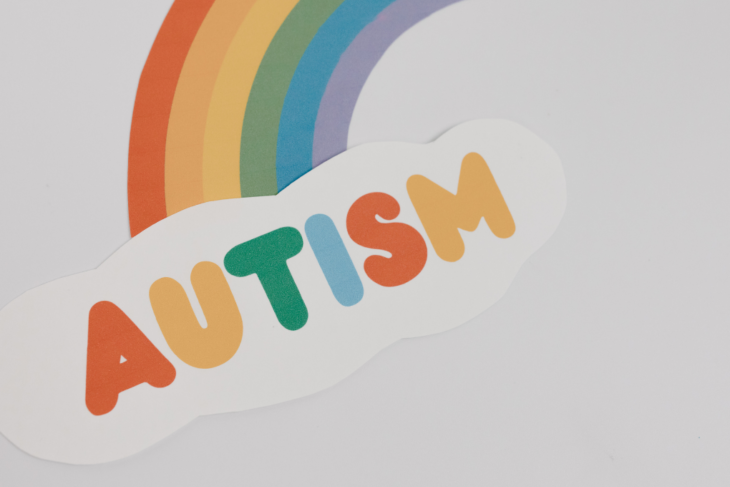Autism month – third guest blog

Little formal research has been carried out around addiction and autism. This means that the range of autistic-tailored support on offer to recognise and treat addictive behaviours, which are ultimately harmful, are very few.
Many in the autism community (and beyond) agree that therapeutic intervention for autistic people needs to be specific to autistic people across the board which includes understanding the autistic experience of addiction in its many guises and how best to support the understanding and recovery from it.
Many of the overall solutions desperately need long overdue societal change, recognising and deconstructing embedded and systemic ableism, discrimination and consequently neurotypical expectations that come from a frame of reference not synonymous with the autistic experience.
Other big picture issues are many autistic people having a delayed or lack of clinical diagnosis that then prevents the ‘passports for support’ in need for so many. This in turn creates unnecessary suffering, trauma, and disenfranchisement to an already highly marginalised community.
Autistic people have shared stories of using alcohol, drugs, food, gaming and more to manage sensory input, soothe distress, mask autistic social behaviours and exchange with neurotypical social presentations to fit in and be accepted socially and in the workplace. They have also shared stories about how using these with disproportionate experiences of trauma mainly due to a lack of authentic inclusion and support.
© Copyright Yasmin Darling 2023